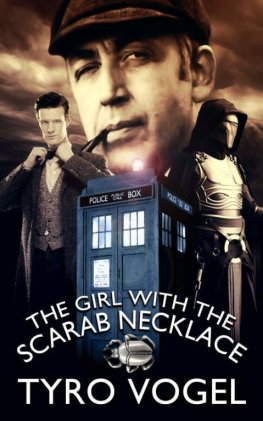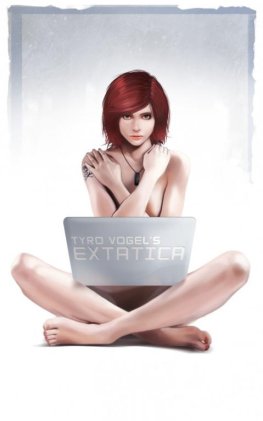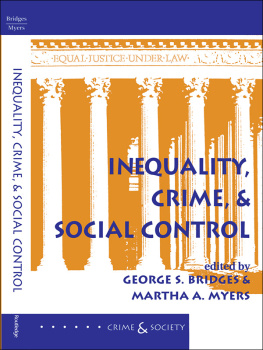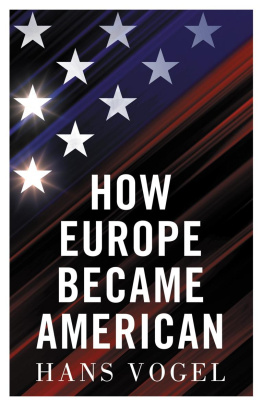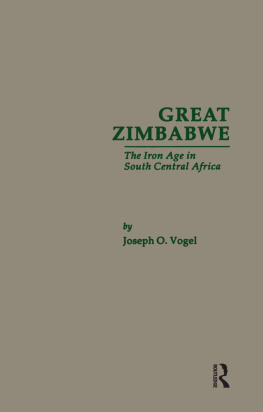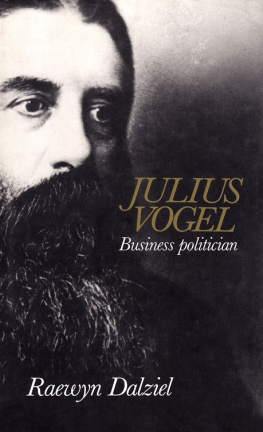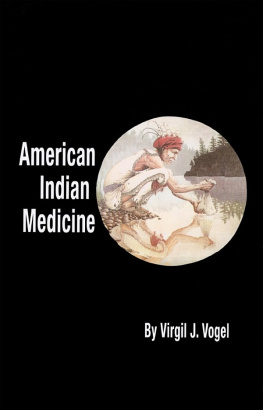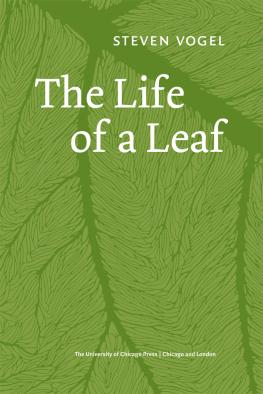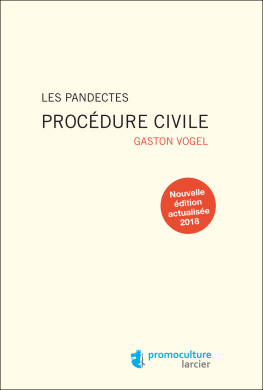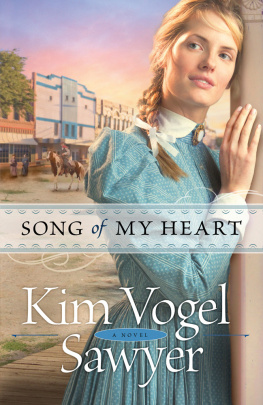Mary Vogel - Crime, Inequality and the State
Here you can read online Mary Vogel - Crime, Inequality and the State full text of the book (entire story) in english for free. Download pdf and epub, get meaning, cover and reviews about this ebook. year: 2020, publisher: Taylor & Francis, genre: Politics. Description of the work, (preface) as well as reviews are available. Best literature library LitArk.com created for fans of good reading and offers a wide selection of genres:
Romance novel
Science fiction
Adventure
Detective
Science
History
Home and family
Prose
Art
Politics
Computer
Non-fiction
Religion
Business
Children
Humor
Choose a favorite category and find really read worthwhile books. Enjoy immersion in the world of imagination, feel the emotions of the characters or learn something new for yourself, make an fascinating discovery.

- Book:Crime, Inequality and the State
- Author:
- Publisher:Taylor & Francis
- Genre:
- Year:2020
- Rating:5 / 5
- Favourites:Add to favourites
- Your mark:
- 100
- 1
- 2
- 3
- 4
- 5
Crime, Inequality and the State: summary, description and annotation
We offer to read an annotation, description, summary or preface (depends on what the author of the book "Crime, Inequality and the State" wrote himself). If you haven't found the necessary information about the book — write in the comments, we will try to find it.
Crime, Inequality and the State — read online for free the complete book (whole text) full work
Below is the text of the book, divided by pages. System saving the place of the last page read, allows you to conveniently read the book "Crime, Inequality and the State" online for free, without having to search again every time where you left off. Put a bookmark, and you can go to the page where you finished reading at any time.
Font size:
Interval:
Bookmark:

- labour market dynamics;
- the rise of a prison industry;
- the boost prisons provide to economies of underdeveloped regions;
- the spreading political disenfranchisement of the disadvantaged it has produced.
Mary E.Vogel

by Routledge
2 Park Square, Milton Park, Abingdon, Oxon OX14 4RN
by Routledge
711 Third Ave, New York, NY 10017
Newgen Imaging Systems (P) Ltd, Chennai, India
A catalogue record for this book is available from the British Library
A catalog record for this book has been requested
Virginia Vogel McLeod,
my mother,
and for
Tony Long,
orphan at risk who forged adversity into art,
with all my love
- PART ONE
Bringing inequality back in to crime, law and authority - PART TWO
Crime, violence and expanding imprisonment - PART THREE
Crime and the life course - PART FOUR
Social and spatial structure of community - PART FIVE
Race, class and gender in a deindustrializing society - PART SIX
Sentencing discretion and inequality in common law - PART SEVEN
Reimagining criminal justice - PART EIGHT
Governing through crime: coercion or consent?
- PART ONE
Bringing inequality back in to crime, law and authority - PART TWO
Crime, violence and expanding imprisonment - PART THREE
Crime and the life course - PART FOUR
Social and spatial structure of community - PART FIVE
Race, class and gender in a deindustrializing society - PART SIX
Sentencing discretion and inequality in common law - PART SEVEN
Reimagining criminal justice
Font size:
Interval:
Bookmark:
Similar books «Crime, Inequality and the State»
Look at similar books to Crime, Inequality and the State. We have selected literature similar in name and meaning in the hope of providing readers with more options to find new, interesting, not yet read works.
Discussion, reviews of the book Crime, Inequality and the State and just readers' own opinions. Leave your comments, write what you think about the work, its meaning or the main characters. Specify what exactly you liked and what you didn't like, and why you think so.

